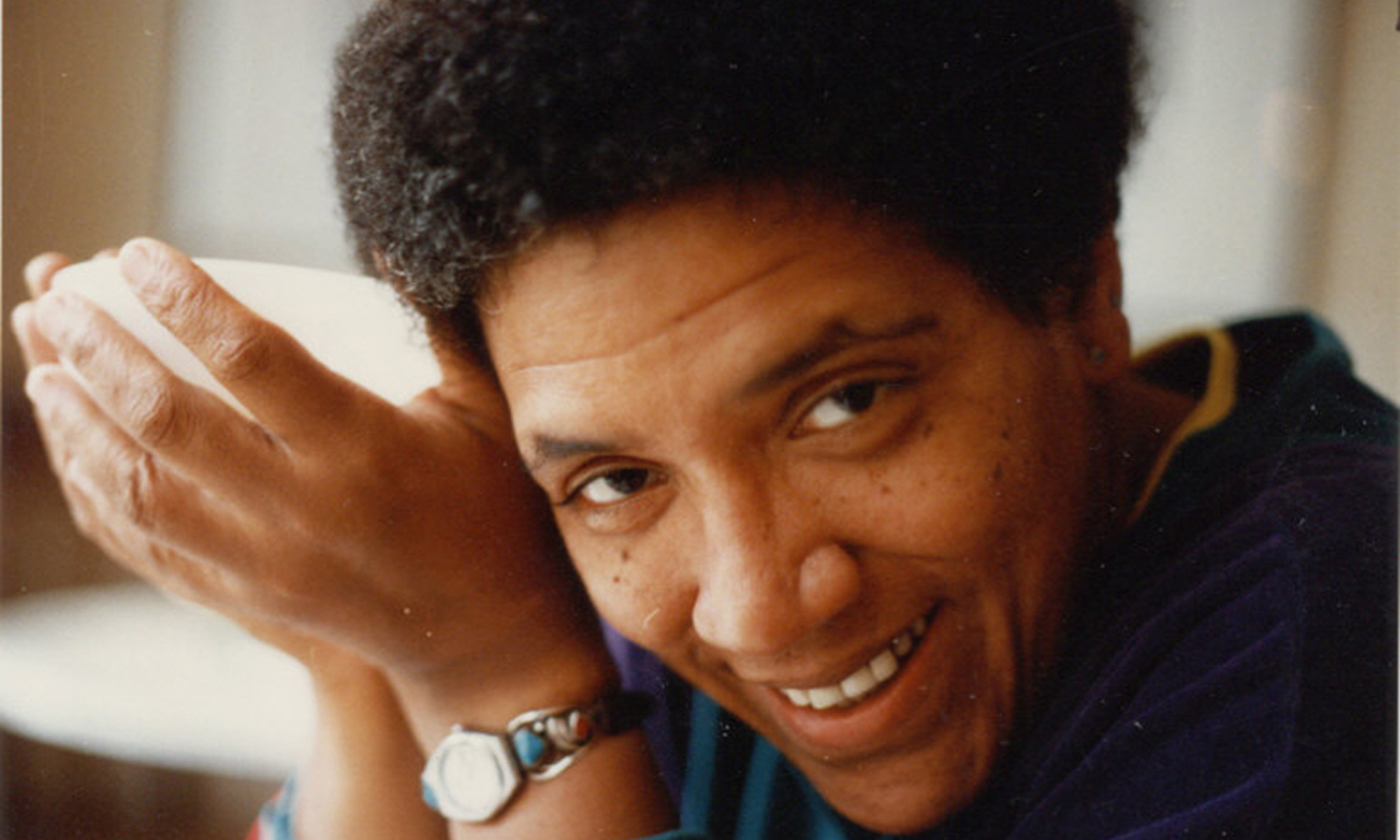
Somerset House Studios
Why we need to continue abolition conversations in the mainstream
’Abolitionist curators’, Lola Olufemi and Imani Robinson on abolition misconceptions and why it’s vital to push the conversation forward.
SJ Zhang
05 Oct 2021
Last year, it seemed like prison and police abolition transformed from being a relatively niche academic and activist aspiration to becoming a mainstream idea, almost overnight. Lola Olufemi and Imani Robinson are two abolitionist writers and curators who have just finished running the event series ‘Abolition: in Defence of Translation’ at Somerset House Studios exploring the abolition of the carceral system through discussions, workshops and performances throughout the month of September. The series was part of Somerset House Studios’ rolling programme ‘Grounding Practice’ which intends to convene artists, academics, activists and audiences to share methodologies, tools, and experiences for creating and learning.
Catching up with the curators over Zoom, they shared some of their thoughts on abolition and their motivation behind running this series of events. Lola and Imani remind me that it is vital to continue to have a conversation about abolition and actively engage in abolitionist work, “even when we get tired or…when it’s last year’s news”. In particular, Imani is concerned about how “concepts spoken about in times of reaction to political events can be lost”.
There have been plenty of misconceptions and misunderstandings around the topic of abolition in mainstream discourse. Therefore, Lola and Imani believe it’s vital to “deepen our nuance”. Take the idea that abolition is an American export, which is then later spread to other parts of the world. Lola tells me that in reality, prisons, police and abolitionist resistance are often embedded in local contexts across the world, in different ways, while Imani suggests that “the media likes to portray abolition, racism or the prison issue as something that is just a US problem”. The curators believe that issues of prisons and policing do not stop at the border and exist across the world, due to the prevalence of racial capitalism and globalisation. Equally, resistance to prisons and police is also international. For the organisers, fighting against prisons and police is “a global opportunity for solidarity”. Therefore, we need to try to understand how abolitionist activism adapts to different local contexts.
“We need to understand how abolitionist activism adapts to different local contexts”
The organisers stress that prison abolition is not only a political commitment, but a deeply personal one too. Imani explains, “[abolition] has helped me to heal from a lot of the trauma from living in the world as a non-binary person, living in the world as Black person, as a gay person”. Engagement in abolitionist work, says Imani, is “essential” for people of colour – especially those of marginalised genders – to “really be in solidarity with each other and to build communities that we want to live in”.
‘Abolition: In Defence of Translation’ tried to get people to expand their understanding of the prison system, as well as encouraging people to examine how carcerality is embedded in local contexts, from prisons to immigration raids. One of the aims of the programme of events was to “marry theory and practice”, and therefore give participants practical guidance on how they can intervene and create change, for example, by running anti-raids workshops. Imani and Lola also chose to invite a wide range of speakers, from academics to performers, to explore the issue of prisons and resistance, in order to engage with the audience in different ways and prompt people to think critically. In particular, they drew on the power of art and performance for the final event.
“Abolition is a series of questions and considerations much more than answers”
“Art has the power to undo, ideologically, our attachments to the prison. It shifts, changes us emotionally and moves us emotionally so that we might begin to undo the ideological overreach of the cultural landscape, and how it affects us not only as individuals, but our ability to do things by ourselves and with others,” Lola explains.
The series of events was not just about experts teaching people about abolition, but inviting members of the public to come and collectively reflect on ideas of abolition together with the event organisers, speakers and performers. The pair hope that organising this series of events provided space for people to content with the difficult bits of theory and reiterate that abolition “is a series of questions and considerations much more than answers”.
For those interested in learning more about abolition or doing abolitionist work, Imani suggests joining a reading group, such as Abolitionist Futures, or a local anti-raids group. Lola recommends Cradle Community’s upcoming book, ‘Brick by Brick, How We Build a World Without Prisons’ as a starting point for anyone interested in learning more about abolition.
Recordings of the events that took place through the month of September can be watched on Somerset House Studios’ Youtube Channel.
Somerset House Studios will also be celebrating their 5th anniversary (14th October) with a 2021 AGM event, featuring performances and live music.









